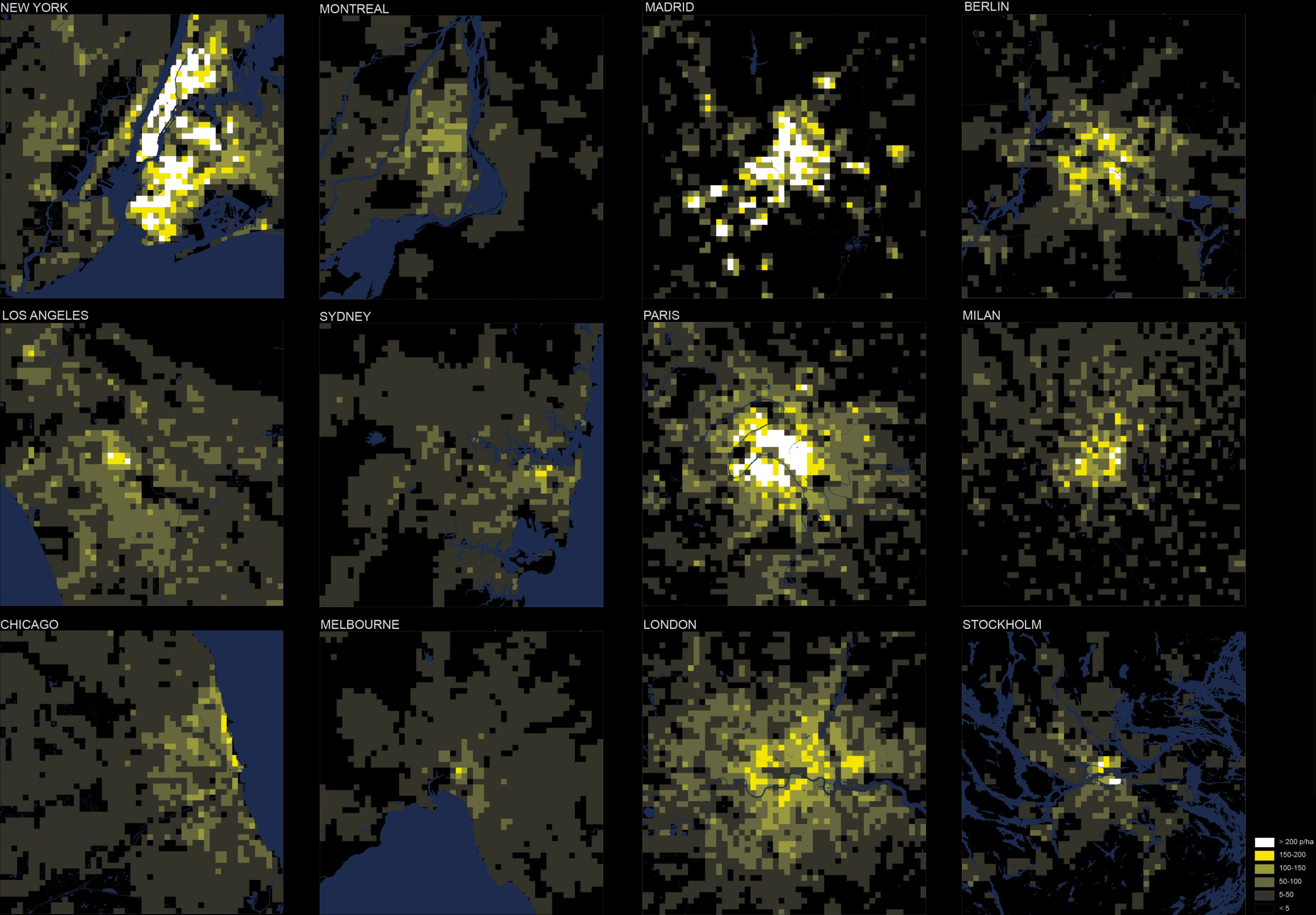A New Model for Developing Students’ Deep-Learning Skills – Dr Yianna Vovides, Georgetown University
Original article reference:
This SciPod is a summary of the paper ‘Elusive learning – using learning analytics to support reflective sensemaking of Ill-Structured ethical problems: A learner-managed dashboard solution’, from Future Internet. https://doi.org/10.3390/fi8020026
Share Episode
About this episode
Online education has recently experienced a surge in popularity, and this trend is set to continue. Through online learning, individuals who are unable to take courses on campus, due to family, work or financial pressures, now have the opportunity to pursue university degrees. However, one shortfall of online education is that it often fails to develop students’ deep-learning skills, which are required for effectively tackling complex problems. In a recent study, Dr Yianna Vovides of Georgetown University investigated this issue.
This work is licensed under a Creative Commons Attribution 4.0 International License. 
What does this mean?
Share: You can copy and redistribute the material in any medium
or format
Adapt: You can change, and build upon the material for any
purpose, even commercially.
Credit: You must give appropriate credit, provide a link to the
license, and indicate if changes were made.
Related episodes
Professor Suzanne Scarlata – Dr. Nima Rahbar | How a Biological Enzyme Could Help Concrete to Heal Itself
As an inherently brittle material, concrete often needs to be replaced after just a few decades: driving a demand which incurs significant costs for Earth’s climate. Through their research, Professors Suzanne Scarlata and Nima Rahbar at Worcester Polytechnic Institute, Massachusetts, introduce a new mechanism that allows concrete to quickly repair itself, with the help of an enzyme vital to the function of living cells. This approach could help to reduce the world’s insatiable demand for concrete.
Lixiang Zhang | Seeing the Full Picture: The CPS-Merge Approach to Assess Complex Datasets
In the age of big data, and particularly in specialisations such as artificial intelligence, biology, and medicine, researchers often generate large and complex datasets that are challenging to analyse. This is particularly true for multi-view data, otherwise known as multimodal data, which are data that encompass multiple perspectives concerning a single entity or phenomenon. In the case of single-cell genomics, for instance, researchers can measure a huge range of different characteristics concerning an individual cell, such as RNA expression levels or protein levels. While multi-view datasets provide vast amounts of information, they are difficult to analyse because looking at each type of data within them provides only a small part of the overall picture. A new computational approach called Covering Point Set-merge analysis, or CPS-merge analysis for short, has been developed by Lixiang Zhang of Pennsylvania State University and colleagues, and it aims to assist researchers to merge the different types of data present in multi-view datasets into one coherent and meaningful set of results, without misrepresenting the individual contributions of each type of data.
Dr Elek Pafka | Mapping urban density from the neighbourhood to the metropolis
So far, approaches to mapping the density of cities have often been oversimplified, causing them to overlook many key aspects of everyday urban life. Through his research, Dr Elek Pafka at the University of Melbourne introduces two new metrics for measuring urban density, which better capture its complex, multi-scale variations. His research offers deeper insights into how people experience and interact with cities, and could lead to new strategies to make our cities more productive, sustainable, and better places to live.
Dr Di Yun | Lessons from Tai-Chi could make Travelling Wave Reactors a reality
In principle, travelling wave reactors offer a safe, highly efficient approach to generating nuclear power. However, development has been held back by a variety of challenges linked to the need for extensively high burn-up in the reactor core, meaning very high rates of generated energy which can damage the reactor. Inspired by the principles of Tai-Chi, a team led by Di Yun from Xi’an Jiaotong University has shown that with the right approach, a high temperature operation, usually deemed as a threat, can be transformed into useful advantages, bringing the practical rollout of travelling wave reactors one step closer to reality.
Increase the impact of your research
• Good science communication encourages everyday people to be scientifically literate so that they can analyse the integrity and legitimacy of information.
• Good science communication encourages people into STEM-related fields of study and employment.
• Good public science communication fosters a community around research that includes both members of the public, policymakers and scientists.
• In a recent survey, 75% of people suggested they would prefer to listen to an interesting story than read it.

Upload your science paper
Step 2
SciPod script written
Step 3
Voice audio recorded
Step 4
SciPod published




